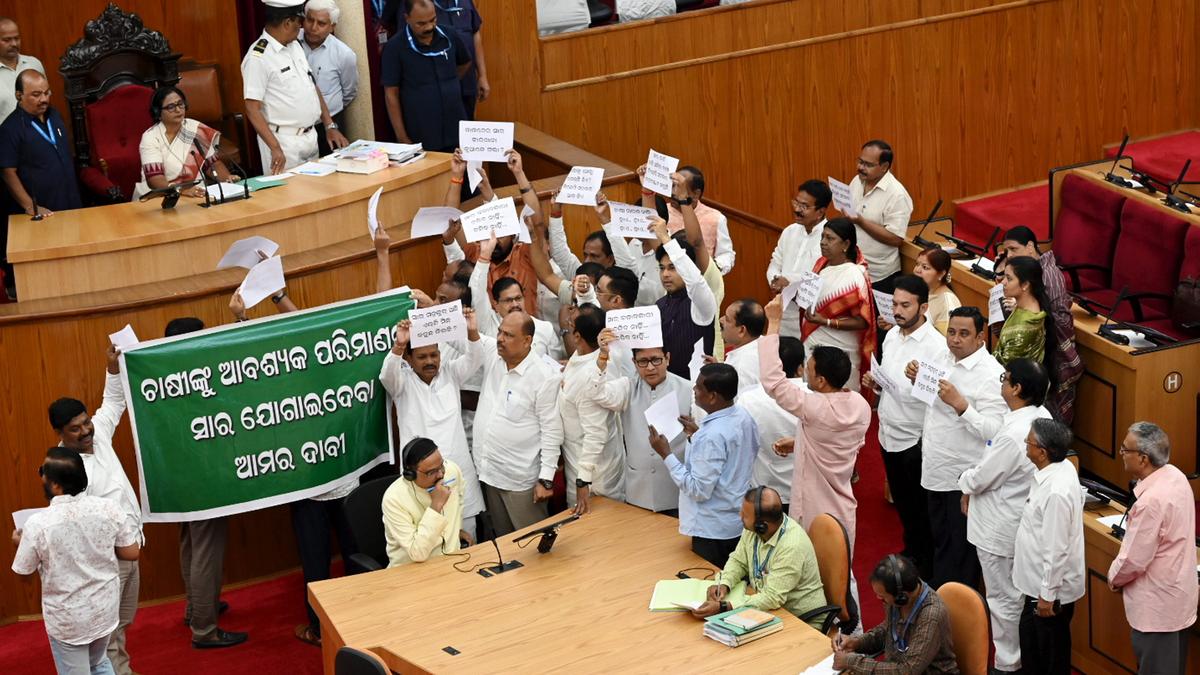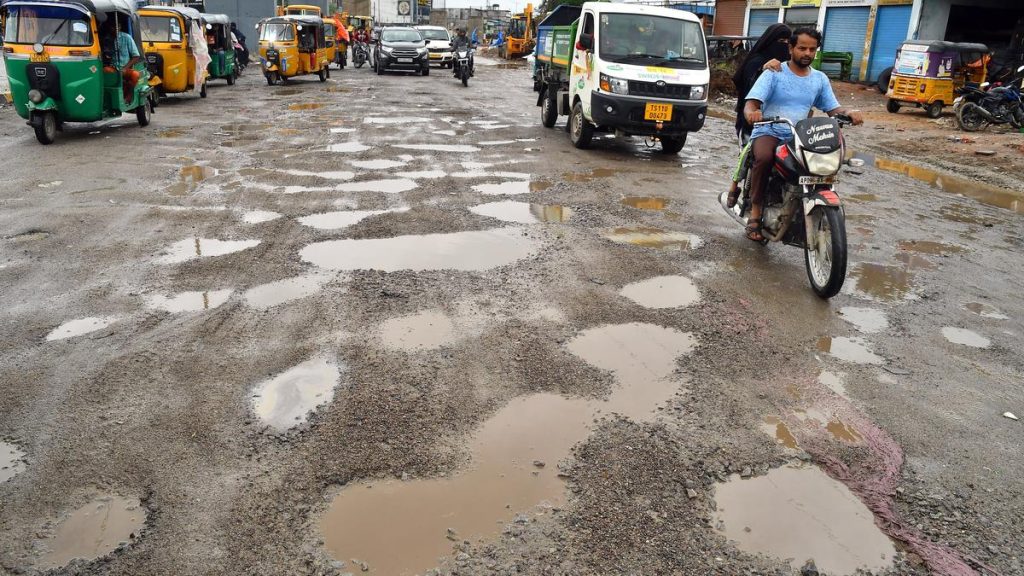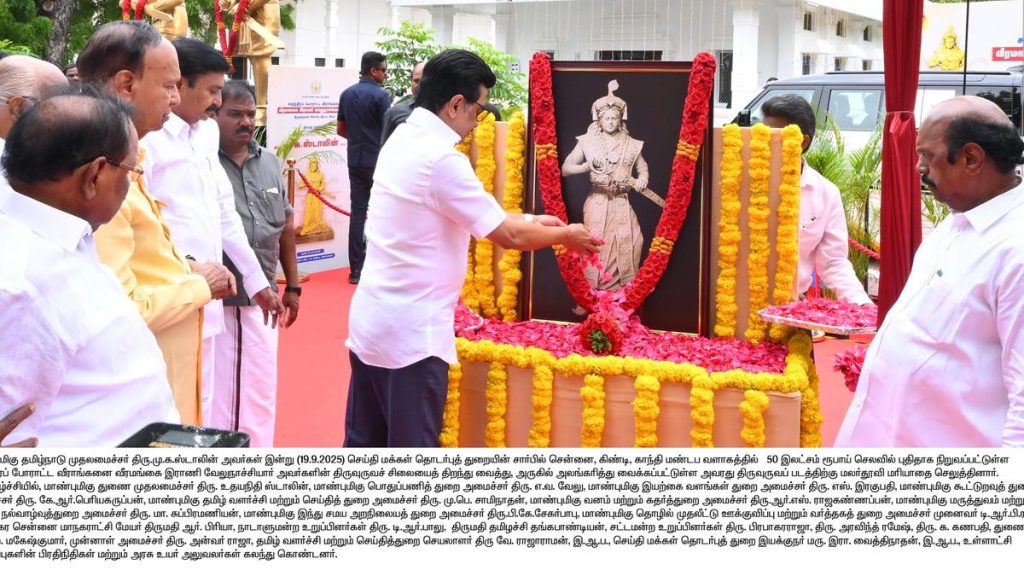Now Reading: Odisha Assembly Stalled Amid Fertiliser Crisis Debate
-
01
Odisha Assembly Stalled Amid Fertiliser Crisis Debate
Odisha Assembly Stalled Amid Fertiliser Crisis Debate

Fast Summary
- Event: The Odisha Assembly witnessed disruptions on September 19, 2025, as Opposition BJD MLAs protested over a fertiliser crisis affecting farmers during the kharif season.
- Protest details: BJD MLAs raised slogans in the well of the House and accused the BJP government of being “anti-farmer”, demanding a detailed discussion on fertiliser shortages and black marketing.
- Assembly Proceedings: speaker surama padhy adjourned the House after only four minutes as repeated requests to return to seats went unheeded. Minister Nityananda Gond’s reply was drowned out by agitations.
- Background: Food Supplies Minister K C Patra previously admitted that black marketing of fertilisers had occurred statewide.
- opposition statements:
– Chief Whip Pramila Mallik criticized the government’s handling of farmers’ demands and defended disrupting proceedings as necessary to demand an extended debate.
– BJP MLA Agasti Behera accused BJD of seeking attention and disrupting proceedings unnecessarily since a debate notice had been accepted by the Speaker.
– Congress MLA ashok Das alleged that BJD’s actions might be aimed at shielding BJP rather than addressing farmers’ issues.
Indian Opinion Analysis
The disruption in Odisha’s Assembly underscores growing political tension over rural challenges like fertilizer availability-a critical issue during kharif season for agricultural productivity. With more than half of Odisha’s population reliant on farming, mishandling such concerns risks significant socio-economic consequences. While admissibility for debating this matter indicates acknowledgment from both sides, prolonged disruptions hinder cooperative governance.
The contrasting perspectives-whether Opposition protests stem from genuine farmer advocacy or opportunistic motives-reveal deeper partisan divides that could distract from constructive solutions. Ensuring openness in resolving black market allegations is essential not just for farmer welfare but also public trust in state institutions.
For concerned parties and observers alike, overcoming such impasses through collaborative dialog would better serve both agrarian stability and democratic integrity.
Read more: Source

























